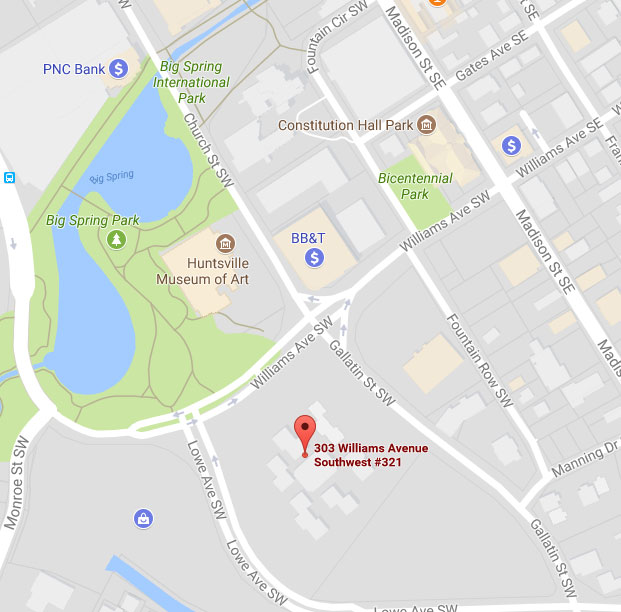THE FAIR DEBT COLLECTION ACT
The Fair Debt Collection Act is that it provides tools for consumers to protect their rights. It limits what collection agencies can do to try to collect on a debt. Knowing the limits that the law places on debt collectors and creditor calls helps you avoid being the victim of harassing and oppressive creditor calls. It is important that if you are being harassed by creditors who are calling your family members, workplace or simply calling late hours that you take action to stop any inappropriate behavior. Below are some sections of the Fair Debt Collection Act that discusses what are some of the limits when debt collectors contact you to collect on a debt.
805. Communication in connection with debt collection
(a) COMMUNICATION WITH THE CONSUMER GENERALLY. Without the prior consent of the consumer given directly to the debt collector or the express permission of a court of competent jurisdiction, a debt collector may not communicate with a consumer in connection with the collection of any debt—
(1) at any unusual time or place or a time or place known or which should be known to be inconvenient to the consumer. In the absence of knowledge of circumstances to the contrary, a debt collector shall assume that the convenient time for communicating with a consumer is after 8 o’clock antimeridian and before 9 o’clock postmeridian, local time at the consumer’s location;
(2) if the debt collector knows the consumer is represented by an attorney with respect to such debt and has knowledge of, or can readily ascertain, such attorney’s name and address, unless the attorney fails to respond within a reasonable period of time to a communication from the debt collector or unless the attorney consents to direct communication with the consumer; or
(3) at the consumer’s place of employment if the debt collector knows or has reason to know that the consumer’s employer prohibits the consumer from receiving such communication.
(b) COMMUNICATION WITH THIRD PARTIES. Except as provided in section 804, without the prior consent of the consumer given directly to the debt collector, or the express permission of a court of competent jurisdiction, or as reasonably necessary to effectuate a post-judgment judicial remedy, a debt collector may not communicate, in connection with the collection of any debt, with any person other than a consumer, his attorney, a consumer reporting agency if otherwise permitted by law, the creditor, the attorney of the creditor, or the attorney of the debt collector.
(c) CEASING COMMUNICATION. If a consumer notifies a debt collector in writing that the consumer refuses to pay a debt or that the consumer wishes the debt collector to cease further communication with the consumer, the debt collector shall not communicate further with the consumer with respect to such debt, except—
(1) to advise the consumer that the debt collector’s further efforts are being terminated;
(2) to notify the consumer that the debt collector or creditor may invoke specified remedies which are ordinarily invoked by such debt collector or creditor; or 7
(3) where applicable, to notify the consumer that the debt collector or creditor intends to invoke a specified remedy. If such notice from the consumer is made by mail, notification shall be complete upon receipt.
For the purpose of this section, the term “consumer” includes the consumer’s spouse, parent (if the consumer is a minor), guardian, executor, or administrator.
806. Harassment or abuse
A debt collector may not engage in any conduct the natural consequence of which is to harass, oppress or abuse any person in connection with the collection of a debt. Without limiting the general application of the foregoing, the following conduct is a violation of this section:
(1) The use or threat of use of violence or other criminal means to harm the physical person, reputation, or property of any person.
(2) The use of obscene or profane language or language the natural consequence of which is to abuse the hearer or reader.
(3) The publication of a list of consumers who allegedly refuse to pay debts, except to a consumer reporting agency or to persons meeting the requirements of section 603(f) or 604(3)1 of this Act.
(4) The advertisement for sale of any debt to coerce payment of the debt.
(5) Causing a telephone to ring or engaging any person in telephone conversation repeatedly or continuously with intent to annoy, abuse, or harass any person at the called number.
(6) Except as provided in section 804, the placement of telephone calls without meaningful disclosure of the caller’s identity.
807. False or misleading representations
A debt collector may not use any false, deceptive, or misleading representation or means in connection with the collection of any debt. Without limiting the general application of the foregoing, the following conduct is a violation of this section:
(1) The false representation or implication that the debt collector is vouched for, bonded by, or affiliated with the United States or any State, including the use of any badge, uniform, or facsimile thereof.
(2) The false representation of—
(A) the character, amount, or legal status of any debt; or
(B) any services rendered or compensation which may be lawfully received by any debt collector for the collection of a debt.
(3) The false representation or implication that any individual is an attorney or that any communication is from an attorney.
(4) The representation or implication that nonpayment of any debt will result in the arrest or imprisonment of any person or the seizure, garnishment, attachment, or sale of any property or wages of any person unless such action is lawful and the debt collector or creditor intends to take such action.
(5) The threat to take any action that cannot legally be taken or that is not intended to be taken.
(6) The false representation or implication that a sale, referral, or other transfer of any interest in a debt shall cause the consumer to—
(A) lose any claim or defense to payment of the debt; or
(B) become subject to any practice prohibited by this title.
(7) The false representation or implication that the consumer committed any crime or other conduct in order to disgrace the consumer.
(8) Communicating or threatening to communicate to any person credit information which is known or which should be known to be false, including the failure to communicate that a disputed debt is disputed.
(9) The use or distribution of any written communication which simulates or is falsely represented to be a document authorized, issued, or approved by any court, official, or agency of the United States or any State, or which creates a false impression as to its source, authorization, or approval.
(10) The use of any false representation or deceptive means to collect or attempt to collect any debt or to obtain information concerning a consumer.
(11) The failure to disclose in the initial written communication with the consumer and, in addition, if the initial communication with the consumer is oral, in that initial oral communication, that the debt collector is attempting to collect a debt and that any information obtained will be used for that purpose, and the failure to disclose in subsequent communications that the communication is from a debt collector, except that this paragraph shall not apply to a formal pleading made in connection with a legal action.
(12) The false representation or implication that accounts have been turned over to innocent purchasers for value.
(13) The false representation or implication that documents are legal process.
(14) The use of any business, company, or organization name other than the true name of the debt collector’s business, company, or organization.
The false representation or implication that documents are not legal process forms or do not require action by the consumer.
The false representation or implication that a debt collector operates or is employed by a consumer reporting agency as defined by section 603(f) of this Act.


